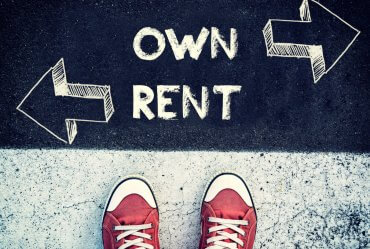
If you owe money because you have a student loan, a mortgage, an auto loan, or credit card debt, your goal should be to pay them off as quickly as possible. Your monthly budget will need to factor in making, at least, minimum payments to any and all loans to stay in “good standing,” and bigger payments to more quickly pay down those amounts.
Also, look into making your car insurance payments quarterly of every six months – you may get a better rate.
Most Americans live with some form of debt, whether it’s considered “good” or “bad” is a different story, however, according to Aggregate Revolving Consumer Debt survey and the New York Federal Reserve’s Household Credit Report, as of August 2014, the average US household has:
• $15,480 in credit card debt
• $156,474 in mortgage debt
• $33,424 in student loan debt
While some people simply accept debt as a fact of modern life, and resign themselves to making payments for the rest of their lives, others actively manage their debt to pay it down or pay it completely off.
The first step to healthy debt management is to assess your full financial situation by organizing all related information to construct a budget. Simply put, a budget takes into account any form of income and allocates those funds to:
• Savings
• Monthly Expenses
• Emergency Fund (optional but recommended)
• Debts and Repayment
In order to best calculate your budget, be sure to list out all your expenses, including payments for loans. You will need this information to determine how much after monthly living expenses, such as rent, grocery shopping, utility payments, and spending money, you can allocate to paying down your debt and also to figure out the timeline for paying it off.
By having an end goal and date in mind, it will help you realize that it is not only possible to pay off debt, but it will also give you a sense of progress, which helps motivate you and keep you going. If you don’t want to construct a repayment plan or budget on your own, there are many free websites that help you keep track of your spending and create a personalized game plan, some of the most popular ones are:
• creditkarma.com
• mint.com
• learnvest.com
• payoff.com
Ultimately, debt repayment breaks down to two most crucial factors: increasing income to make larger payments and decreasing spending. There are several ways to come at it from either direction, and the most effective strategies will include a combination of both.
To increase cash flow, you can:
• Take a weekend or side gig to bring in supplementary income, such as: babysitting, tutoring, using a skill to do freelance work, event planning, temp. work, finding odd jobs through Craigslist or TaskRabbit
• Take on extra hours or an extra shift at work, if you’re not on a salary
• Use eBay or Craigslist to sell clothing, electronics, furniture that you no longer use
Decrease spending by:
• Barter instead of paying with cash
• Cook rather than buy pre-packaged food or eat out; if you can’t do this for every meal, even packing lunch a few times a week will cut down your spending over time
• Looking for deals or discounts before paying full-price
• Use coupons
As you see your debts going down, often the sense of accomplishment helps you make it easier to stay on track. The longer you stay at it, the easier it debt management will become, since the results reinforce your commitment. However, remember that the most workable plans will also account for rewards and small splurges here and there — if you are always depriving yourself, you may find that your willpower starts to decrease.
Do you have other tips? Feel free to share your thoughts in the comments section below



